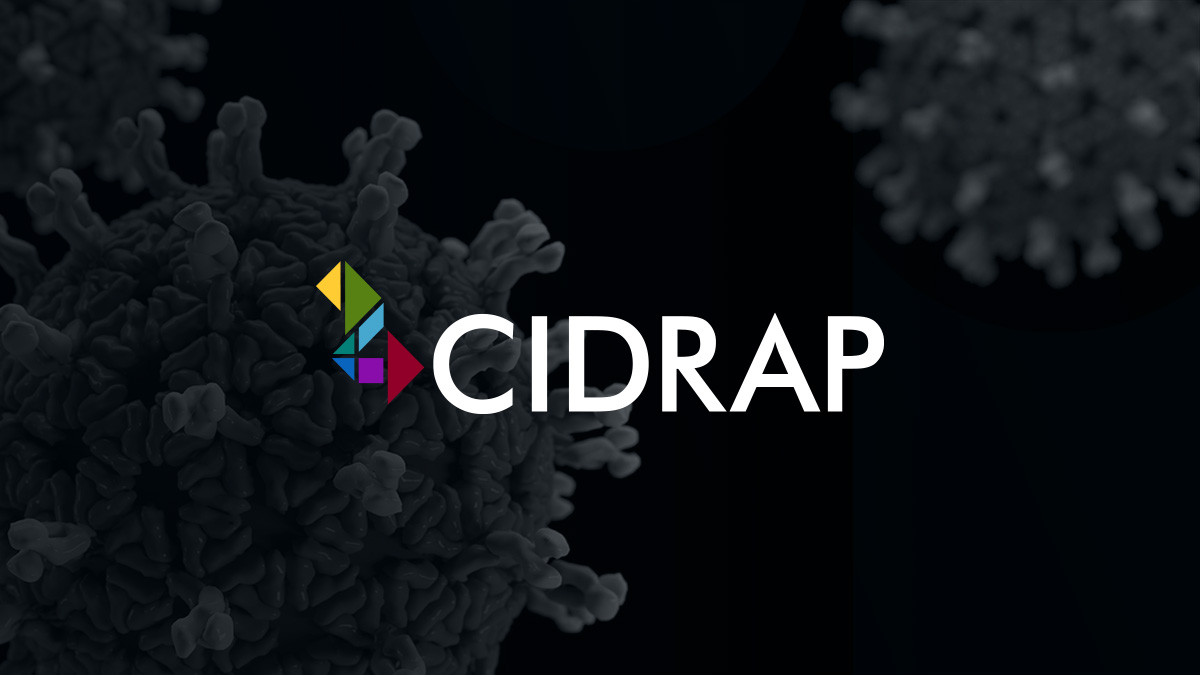“Science Under Siege: The Alarming Truth About America’s Conservative Divide”
In a nation built on the pillars of innovation and progress, it’s alarming to find a significant segment of the population harboring deep-seated distrust in the very fabric of scientific inquiry. A recent survey by the Center for Infectious Disease Research and Policy (CIDRAP) has shed light on a disturbing trend: US political conservatives show a profound and unshakeable skepticism towards science, with far-reaching implications for the country’s future.

The Need for Personalized Science Messaging
The survey’s findings highlight the importance of making science more relatable and relevant to individuals, rather than relying on generic messages. By doing so, scientists and policymakers can increase trust and credibility among conservative Americans, who are more skeptical of science than previously thought.
As senior author Bastiaan Rutjens, PhD, noted, “We need stronger interventions that make science truly personal. ‘What can science contribute to your life, here and now?'” This approach can help to address the perceived misalignment of science with moral values or the idea that scientists are not part of their group.
Implications for Public Health and Policy
The Consequences of Science Distrust in a Global Context
The widespread distrust of science has significant implications for public health and policy. When people distrust scientific findings, they are less likely to adhere to public health measures, such as vaccination and mask-wearing, which can lead to the spread of misinformation and the erosion of public health measures.
In the context of the COVID-19 pandemic, the distrust of science has led to the spread of misinformation about vaccines, masks, and other public health measures. This has resulted in significant harm to individuals and communities, as well as undermining trust in public health institutions.
The Role of Science in Policy-Making
Science plays a critical role in informing policy decisions, particularly in areas such as public health, environmental policy, and economic development. When science is distrusted, policymakers may be less likely to rely on scientific evidence, leading to policy decisions that are not based on evidence.
This can have significant consequences, such as the delayed implementation of evidence-based policies, the misallocation of resources, and the exacerbation of existing social and economic inequalities.
International Cooperation and Science Communication
The distrust of science is a global phenomenon, requiring international cooperation and effective science communication to address. Global health challenges, such as pandemics and climate change, require coordinated responses that are grounded in scientific evidence.
Effective science communication is critical in building trust and understanding among the public, policymakers, and other stakeholders. This requires scientists, policymakers, and communicators to work together to develop clear, concise, and culturally sensitive messaging that resonates with diverse audiences.
Breaking Down Barriers: Strategies for Building Trust
Education and Science Literacy
Education and science literacy are critical in fostering a more informed and engaged public. By improving science education, we can increase the public’s understanding of scientific concepts, methods, and findings, which can help to build trust in science.
This requires a comprehensive approach that includes improving science education in schools, promoting science literacy among adults, and providing opportunities for lifelong learning.
Science Communication and Outreach
Effective science communication and outreach are essential in building trust and understanding among the public. This requires scientists, policymakers, and communicators to work together to develop clear, concise, and culturally sensitive messaging that resonates with diverse audiences.
Science communication should be tailored to specific audiences, taking into account their values, beliefs, and concerns. This can help to build trust and credibility among skeptical audiences, such as conservative Americans.
Community Engagement and Collaboration
Community-based initiatives and collaborations can help to promote science literacy and trust. By engaging with local communities, scientists and policymakers can build trust and understanding, and develop solutions that are tailored to specific contexts and needs.
This requires a participatory approach that involves diverse stakeholders, including community leaders, policymakers, scientists, and other experts. By working together, we can develop innovative solutions that address the complex challenges posed by science distrust.
Conclusion
A Chasm of Trust: The Alarming Confrontation between US Conservatives and Science
A recent survey by CIDRAP has shed light on a pressing concern that threatens the very foundation of informed decision-making in the United States: the deep-seated distrust of science among conservative voters. As our article delves into the findings of this study, it becomes clear that a significant portion of the US conservative population harbors an unbudging suspicion of scientific research and its methodologies. This skepticism is not merely a minor deviation, but a profound rift that can have far-reaching consequences for the country’s ability to tackle pressing issues such as climate change, pandemics, and healthcare reform.
The implications of this phenomenon are stark and unsettling. When a substantial segment of the population refuses to accept the findings of science, it hinders the development of evidence-based policies and initiatives that can mitigate crises and improve lives. Furthermore, this distrust can erode the credibility of scientific institutions, experts, and the media, creating a toxic environment where misinformation thrives and undermines the public’s ability to make informed decisions. As we navigate an increasingly complex and interconnected world, it is imperative that we bridge this chasm of trust and foster a culture of science literacy and critical thinking.
